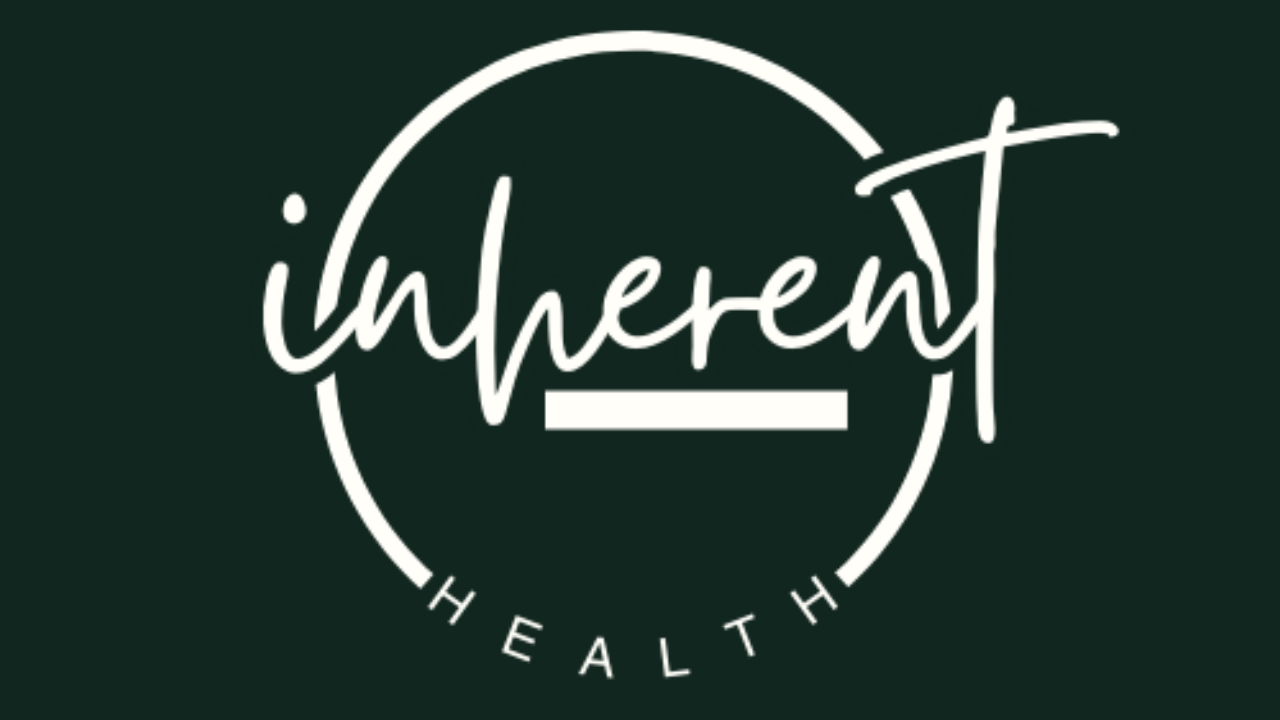Clogged
May 18, 2025
Clogged
Not infrequently, I get clogged up.
I don’t mean constipated—I eat plenty of fiber. I mean clogged up with information. With stimuli. With a buildup my brain seems compelled to process before it can relax.
Predictable Patterns, Same Mistakes
You’d think by now I could predict when I’m at risk of these cloggings.
When I see a few intense shifts on the calendar—like pediatric call at Main, OR Manager days where I make the next day’s schedule while juggling regional blocks, pre-op calls, and random urgent tasks, or OB call, where sleep is rare and the sounds of women in the worst pain of their lives echo in my head for days—those are warning signs.
Add in getting excited and reading four books at once, or realizing (a little too late) that we’ve packed our family’s week so tightly that the kids don’t stand a chance of decompressing… you’d think I’d change something.
But I don’t.
I just press on.
My best guess? I equate stepping back with weakness. So I hit it head-on. And the strange thing is—it never feels that bad in the moment. I find a way to keep moving. I read, work, show up, strive.
Then I pay the cost.
Brains Aren’t Just Thought Factories
The brain needs time to process.
When we ignore that, our systems get dysregulated. The allostatic load (aka accumulated stress) builds until something gives. If we stop piling on, the body might return to homeostasis. But it takes space—and intention.
I used to think the brain's job was to produce thoughts, like the pancreas secretes enzymes. But the older I get—and the more I read books like 7½ Lessons About the Brain—the more I realize the brain is a processor and a predictor. Thoughts are a very cool byproduct of these deeper functions.
Capacity Isn’t Fixed (and Mine Was Overestimated)
Each person has a different capacity for handling the incoming load of stimuli—and it changes over time.
For years, I thought mine was a lot higher than it really was. Honestly, I still overestimate it sometimes. But I’ve been working on building awareness.
I’ve tried a handful of practices—maybe “experiments” is a better word. Journaling. Tracking HRV. Meditation. Some I stick with, some I don’t. The goal isn’t perfection—it’s information.
One consistent observation: when I’m clogged, creation helps more than consumption. Putting something out—writing, reflecting, doing—has a clearing effect. It’s part of the path back to clarity. Over time, I get the sense I’m moving in the right direction.
The River Analogy
Have you heard the river analogy? I’ve heard versions from multiple thinkers I admire. My take goes like this:
Life is a river.
It flows through us.
When we’re open and clear, the river moves beautifully. Doing the right thing feels easy. Life flows through us.
But when we get clogged, the flow is disrupted. Sometimes it’s just rapids—some rocks and logs stirring things up. Other times, we dam it completely. The flow stops. A stagnant pool forms. And that’s when things get weird inside us.
I think this kind of total blockage—often driven by unaddressed tension or cognitive dissonance—is increasingly common. And it helps explain some of the behavior we see in the world right now.
A Framework For How We Each Get Clogged
Everyone has their own style of clogging.
In Buddhism, there’s the idea of the five hindrances:
- Desire (wanting)
- Aversion
- Dullness
- Restlessness
- Doubt
I’m a restlessness-and-wanting kind of guy.
Maybe I’ll explore why in a future post, but for now I’ll just say this: we’re strange creatures, wired in ways that create a lot of resistance to how things are—and to how we’re meant to move through life.
“Blocking the flow” or “getting clogged” feels like a practical way to visualize this resistance. And when we can see it clearly, we’re better able to take compassionate steps to clear it.
Why is this important? Because these blockages are a form of resistance, and resistance is energetically costly.
The Brain’s Language Is Subtle
‘Cloggings’ show up differently for everyone.
The brain doesn’t throw clear signals like other organs. There’s no fatty buildup like in the liver. No obvious creatinine rise like in the kidneys. Instead, the brain speaks a subtler language. One that’s powerful, and often covert.
But with awareness, we can take steps towards learning what it means for us.
And that matters to me—not because I want to live forever or have illusions of feeling amazing every day. I’m a middle-aged dad with a clear sense of what matters. When I’m clogged, I’m more reactive. More easily frustrated. Less present.
Success, Peace, and the Work That Matters
I want to be a successful parent and partner.
One of my favorite definitions of success comes from John Wooden:
“Success is peace of mind, which is a direct result of self-satisfaction in knowing you did your best to become the best that you are capable of becoming.”
That resonates deeply.
So here’s to building awareness.
To recognizing the blockages.
To having the courage to accept reality with humility and grace.
To managing the inputs—external and internal—with more compassion and discipline.
And to moving toward the wisdom of Bruce Lee, who reminded us:
“Be like water.”
Flexible. Flowing. Unclogged.
"If more information was the answer, then we'd all be billionaires with perfect abs." -Derek Sivers
Simplify. Clarify. Act.
-Inherent Health-
Stay connected with news and updates!
Join our mailing list to receive the latest news and updates from our team.
Don't worry, your information will not be shared.
We hate SPAM. We will never sell your information, for any reason.
